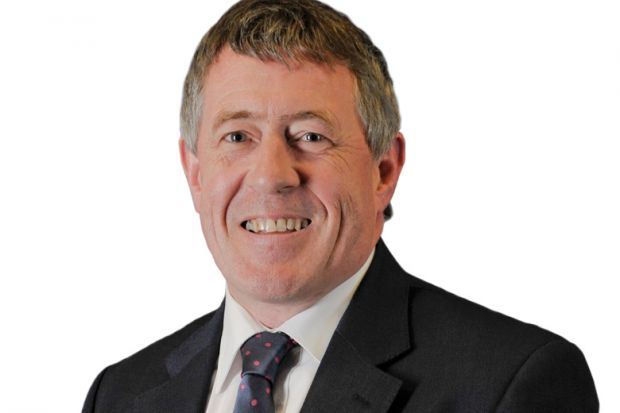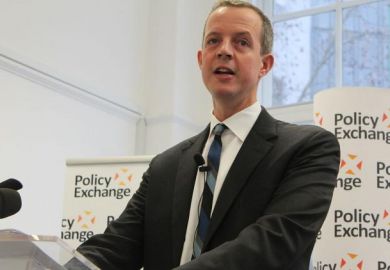Politicians need to use academics' expertise to help guide policy decisions, according to a new report.
In his Employer Support for Higher Level Skills report, John Denham, professorial research fellow at the Institute of Public Affairs at London School of Economics and former secretary of state for universities, said that policymakers need “much more strategic engagement with the academic community” to tackle the “weaknesses” in current further education and skills policy.
Professor Denham looked at the policy under three governments and found that successive ministers have failed in their ambition for employer-supported higher-level qualifications to become a major part of the skills system because of failings in the policy process. He said that the area had been “treated as a secondary issue” by politicians.
He argued that government business departments (now the Business, Energy and Industrial Strategy department under the new government) engaged with academics in “many different ways” but that “it is not clear these activities are organised to make the best use of academic expertise”.
“It appears that academics are more likely to be invited to advise on particular questions identified by policymakers…than to help shape the strategic direction of policy, or to identify the strategic issues for policymakers,” the report stated. “Some research has little influence on public policy because it is either delivered too late, or was not relevant to the questions faced by policymakers.”
One of his recommendations was for the creation of an “academic and policy council”, comprising “leading researchers” and “people with experience of government decision-making”, to help advise ministers on future policy decisions and necessary research on higher skills.
The council would report every two years, highlighting major strategic issues and choices facing government, and identifying issues that policymakers need to understand in order to implement existing policies effectively.
Professor Denham argued that improved public policy on higher-level skills could have been achieved if policymakers had better understood employers' reasons for supporting higher-level training – namely for “wider business strategy and human resources reasons” rather than to meet identified skills shortages in their organisations.
He concluded that government understanding of employer decisions was “poor” and their pursuit of “targets for higher education entry, vocational qualifications and apprenticeships” had narrowed “the range of publicly funded support available to employers, making public skills policy less able to meet the diverse needs of employers”
Register to continue
Why register?
- Registration is free and only takes a moment
- Once registered, you can read 3 articles a month
- Sign up for our newsletter
Subscribe
Or subscribe for unlimited access to:
- Unlimited access to news, views, insights & reviews
- Digital editions
- Digital access to THE’s university and college rankings analysis
Already registered or a current subscriber?



